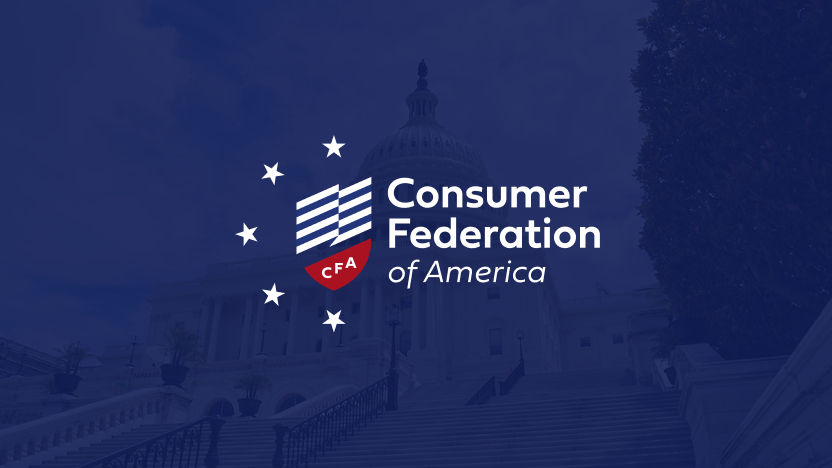The Tight Oligopoly on Steroids in the Digital Communications Sector

For the third time in less than a decade a merger proposed by ATT has triggered the usual “just say no/just say yes reactions. The volume of debate has been amplified by the fact that, after more than a decade in which dozens of mergers were approved with, weak condition, at best, the Obama administration moved merger policy in the opposite direction (see Exhibit 1). The DOJ and the FCC blocked two mergers (ATT/T-Mobile, Comcast/Time Warner) and jawboned another out of existence (Sprint/T-Mobile). They imposed extensive conditions on others (Comcast-NBC, ATT-DirecTV, Charter-Time Warner-Bright House, the Verizon-cable joint venture (Cellco).
However, whether or not ATT-TW rises to the level of an outright rejection or strong conditions, there is a more profound problem that is highlighted by the merger. The merger is certainly a problem, but the market structure is a much bigger problem. A tight oligopoly on steroids has emerged in the sector that rejecting or conditioning mergers cannot address.
Our Subject Matter Experts

Erin Witte
Director of Consumer Protection

Mark Cooper
Senior Fellow
Reports

Consumer Complaint Survey Report 2024

Variable Universal Life Insurance: Is it Worth it?

Financial Planning Association of Greater Hudson Valley Technical Aspects in Evaluating Cash Value Life Insurance Policies
